Search
Showing results for "Au"

Our research teams are among the world’s best and we have strong affiliations with Perth Children's Hospital and all major Western Australian universities, particularly The University of Western Australia and Curtin University.
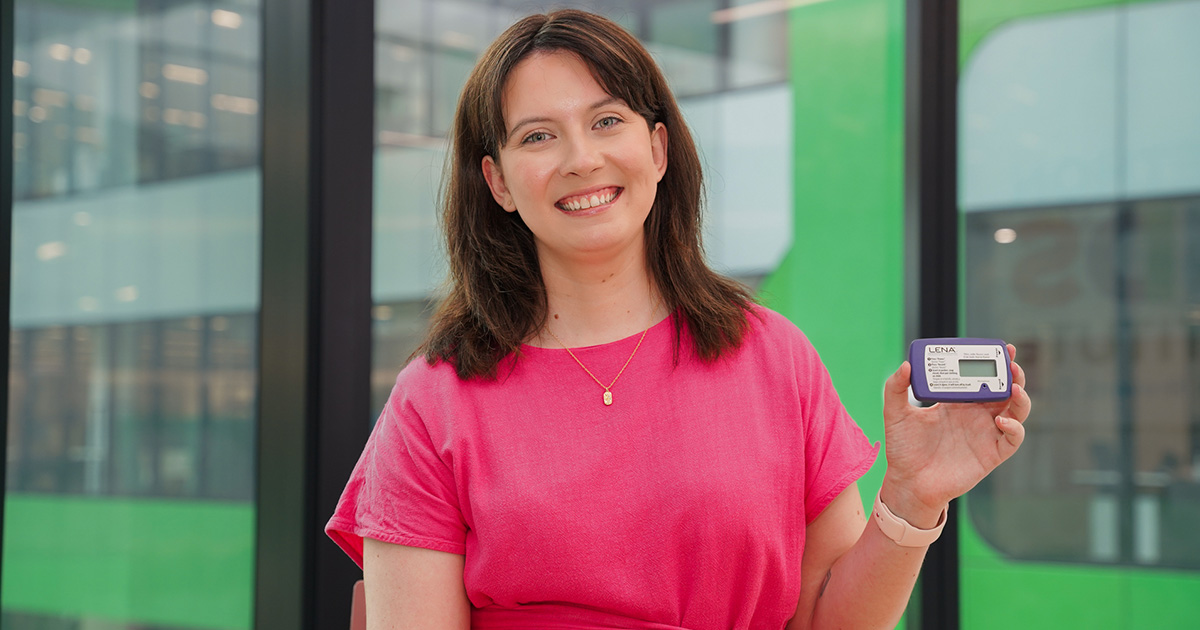
News & Events
Early childhood researcher a finalist in peak South Australian science awardsA The Kids Research Institute Australia researcher whose PhD studies highlighted the link between screen time exposure and toddlers’ language development has been named a finalist in South Australia’s Science Excellence and Innovation Awards.
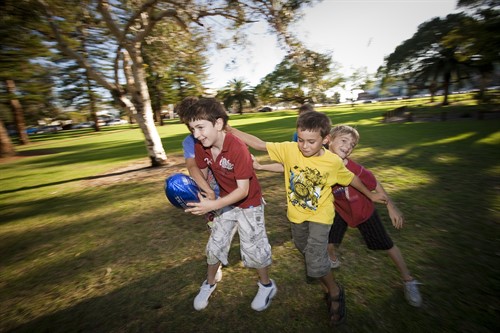
News & Events
Outdoor playHave you ever wondered what impact the design of your backyard and the design of your neighbourhood is having on the health of your kids?

News & Events
Premature babies at greater risk of childhood infectionNew research has found children who are born even slightly premature or underweight are more likely to be hospitalised with an infection during their childhood
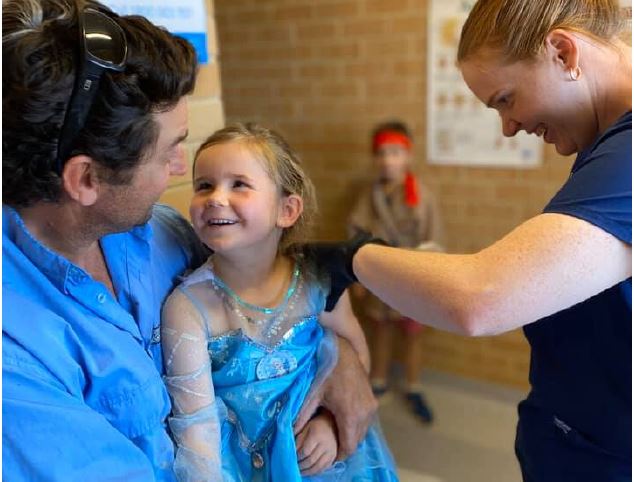
News & Events
Landmark Australian influenza collaboration finalist for Eureka PrizeInfectious disease researchers who used a decade of scientific evidence to advocate for a nationwide childhood influenza immunisation policy have earned a finalist position at the country’s most prestigious science awards – the Australian Museum Eureka Prizes.

News & Events
The Kids ear health researcher takes out top science prize at 40Under40 AwardsDr Chris Brennan-Jones received the Woodside STEM Award for Excellence in Science at the prestigious 40Under40 Awards.
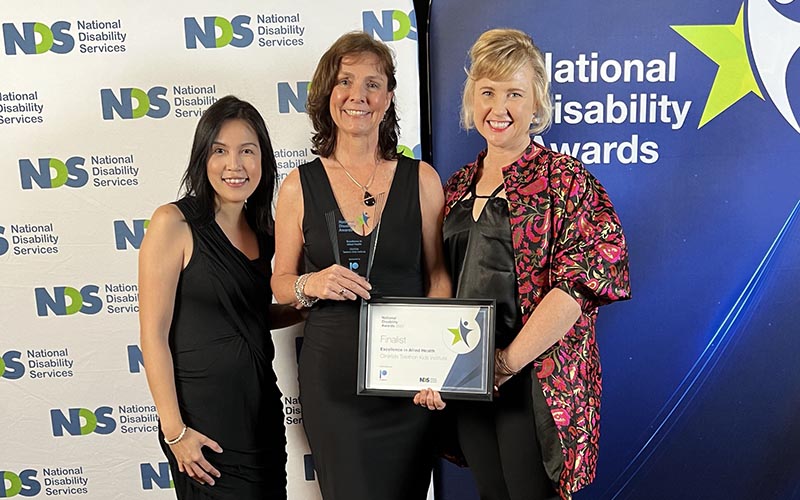
News & Events
The Kids Research Institute Australia’s CliniKids wins national disability awardCliniKids has won the Excellence in Allied Health category at the inaugural National Disability Awards, announced in Melbourne tonight.
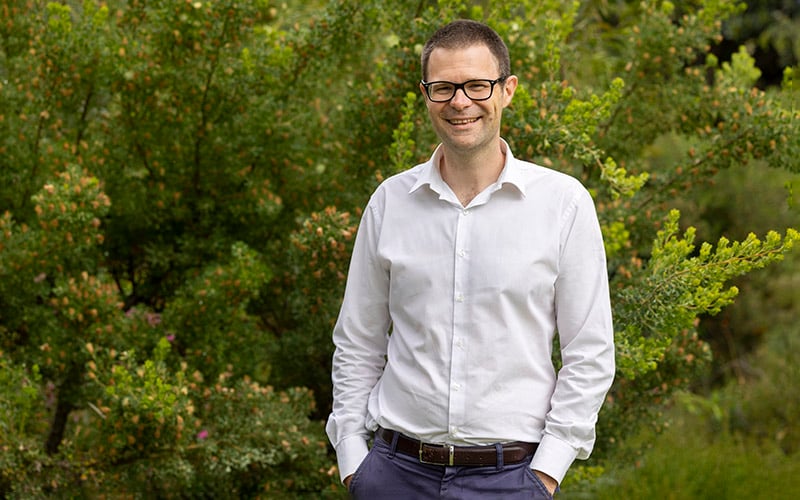
News & Events
Autism Researcher a Finalist for Western Australian of the YearProfessor Andrew Whitehouse has been named a finalist in the 2023 Western Australian of the Year Awards for his work in transforming clinical support for autistic children in Australia.
Research
Caregiver broader autism phenotype does not moderate the effect of early caregiver-mediated support on infant language outcomesCaregiver-mediated supports in general have shown mixed evidence for enhancing language outcomes in infants at higher likelihood of autism. While caregivers play a substantial role in caregiver-mediated supports, little is known about whether caregivers' own subclinical autistic features - known as broader autism phenotype - may moderate infant language outcomes.
Research
Playful BytesNurturing children's health together: A collaboration between early childhood education and care (ECEC) educators and parents on active play and eating well
